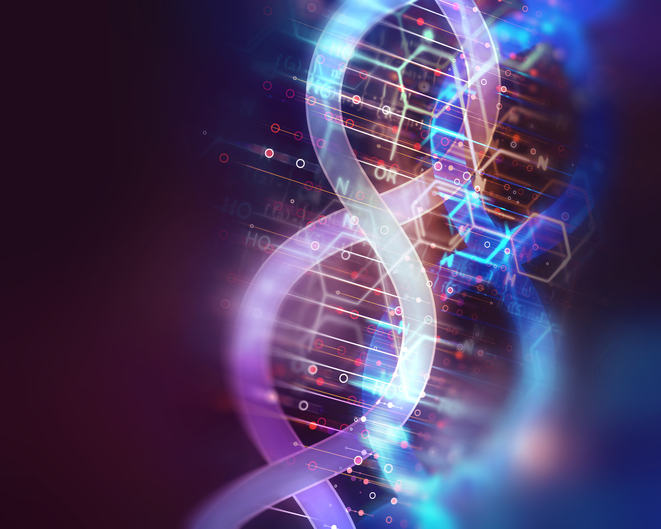As the world and technology becomes more advanced, the amount of data we use also increases exponentially. In a recent research it was proved that in the past two years, human has created more information than in all the preceding years. And we’re running out of hard drives to store all of our data.
Until now the hard drive is used as the primary data storage device. But hard drive doesn’t have a long shelf life and it is more prone to failure. The failure of a hard drive can be due to various reasons like human error, breakage, malware or any other reason. The failed hard drive recovery is not as easy task. You need to have an expert knowledge to recover data from corrupted hard drive.
Data storage on DNA
In an era, that’s becoming more dependent on digital technology, the memory storage is a sacred one. Scientists are now considering to use DNA to store data. They have decided to turn the nature’s age old solution for information storage – the DNA. DNA can store genetic data throughout millennia and thus the DNA storage is considered as the solution of to humanity’s ever-evolving problem on data storage. Researchers Yaniv Erlich and Dina Zielinski of the Data Science Institute at Columbia University and the New York Genome Center (NYGC) introduced a new technique that allows DNA to store more data than ever before. They were able to upload text, images, a movie, and an OS in 2 megabytes of DNA. To retrieve the files, they used modern sequencing technology to read the DNA strands, then a software was used to translate the genetic code back into binary. Then finally they recovered the files with zero error. Their data retrieval technique is called “fountain codes”.
Advantages and disadvantages of storing in DNA
The DNA has a lot of advantages when it comes to data storage. DNA works just like your hard drive. But instead of binary ones and zeros in digital data storage, DNA uses a quaternary base to store data. The DNA has the most dense storage scheme which is capable of storing 215 million gigabytes per gram. Thus, the DNA storage technique will definitely become the storage technology of the future. DNA is super compact and it can last hundreds of thousands of years in a cool, dry place. DNA won’t degrade over time like cassette tapes and CDs, and it won’t become obsolete.
The important disadvantage of DNA storage is that reading and writing DNA is a fairly slow process compared to other forms of data storage and it might not be suited where information is needed quickly. DNA storage can work best for archival purpose. DNA data storage is also more expensive than storing in hard drives. The longer you want your DNA to exist, the higher the cost.
DNA Versus Hard Drive Data Storage
Hard drives may seem to be stable for now, but they aren’t. They don’t have a long shelf life. Thus, having a permanent way to store data is more important. DNA can be stable and used for large scale data storage. DNA is not more prone to data destruction, but if it does, then it’s a big problem. It’s not easy to repair DNA like repairing HD. But if the hard drive is damaged, there are professional hard drive recovery companies offering data recovery hard disk services. Data retrieval Ltd is a hard drive data recovery UK company offering data retrieval services for businesses, organizations and home users who are experiencing a drive failure. The hard drive data recovery prices of Data Retrieval Ltd is highly competitive, irrespective of the type of recovery required. The other services offered by the company are broken hard drive recovery, external hard drive recovery service, flash drive data recovery, usb flash drive data recovery and raid data recovery service. They are also specialist in offering raid recovery services.
There are also few difficulties in handling DNA, which makes the DNA storage remain niche for some time to come. There are also a few new obstacles that need to be overcome before DNA storage can be used commercially.

